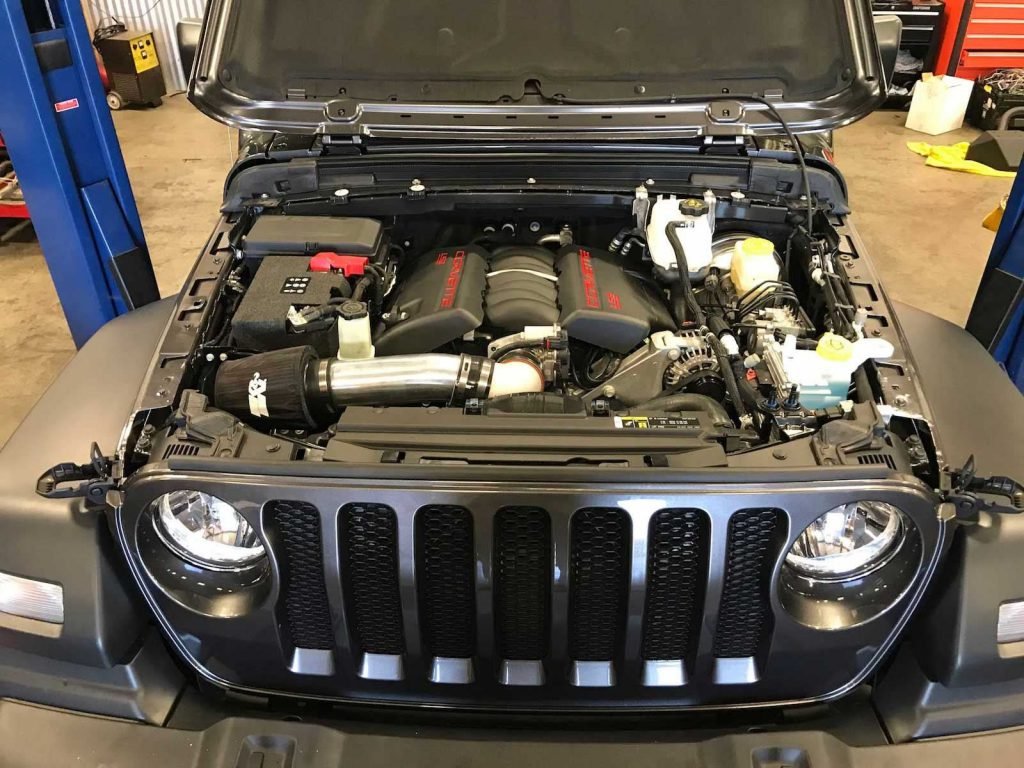California’s CARB database gave up the goods.
The California Air Resources Board (CARB) has unwittingly given us information that even Honda wouldn’t give us when the HR-V debuted on April 4th. According to filings made with CARB, the brand’s new Honda Civic-derived crossover will be getting that model’s base 2.0-liter engine.
Previously, the last iteration of the Honda HR-V touted Honda’s 1.8L four-pot, which made 141 hp and 127 lb-ft of torque. By no means inspiring numbers, but importantly, that engine managed to get 30 mpg combined, a somewhat decent figure for a crossover in this segment. Notably, the engine won’t be changing based on the HR-V’s driven wheels, either. That 2.0-liter will stick around regardless of whether the HR-V is all-wheel drive or front-wheel drive.
Under the hood of the Civic, Honda’s 2.0 engine makes 156 hp at 6,500 rpm and 138 lb-ft of torque at 4,200 rpm while netting 33 mpg combined. It’s mated to a continuously variable automatic transmission. Given the HR-V’s shared Honda Architecture platform, also found in the Civic, we don’t have any reason to doubt a different transmission will be used. We can also safely rule out a manual transmission for the HR-V, seeing as that transmission is only used with Honda’s 1.5-liter turbo-four engines, like the one found in the Civic Si.
As for power, those numbers are still unclear, though we wouldn’t be surprised if they matched the Civic. When Honda debuted the HR-V, the brand said it would be powered by a more responsive motor than the previous generation, which we initially thought implied the use of the 1.5-liter turbo unit from the Si.
 CarBuzz
CarBuzz
 CarBuzz
CarBuzz
 CarBuzz
CarBuzz
 CarBuzz
CarBuzz
Evidently, that’s not the case, and it also leads us to believe there’s going to be some new engineering changes to the brand’s 2.0-liter engine for the HR-V. If improved response is the name of the game, we’re figuring the HR-V will make more torque as a bare minimum. It’s also possible Honda will try to make some changes to whatever transmission the HR-V will have. For now, at least, we’ll have to wait for Honda to confirm power and fuel economy figures, though it’s safe to say they’ll at least be better than the HR-V that came before.



